The difference between SOE Coffee and Italian Coffee is Manning Coffee beans good for SOE espresso
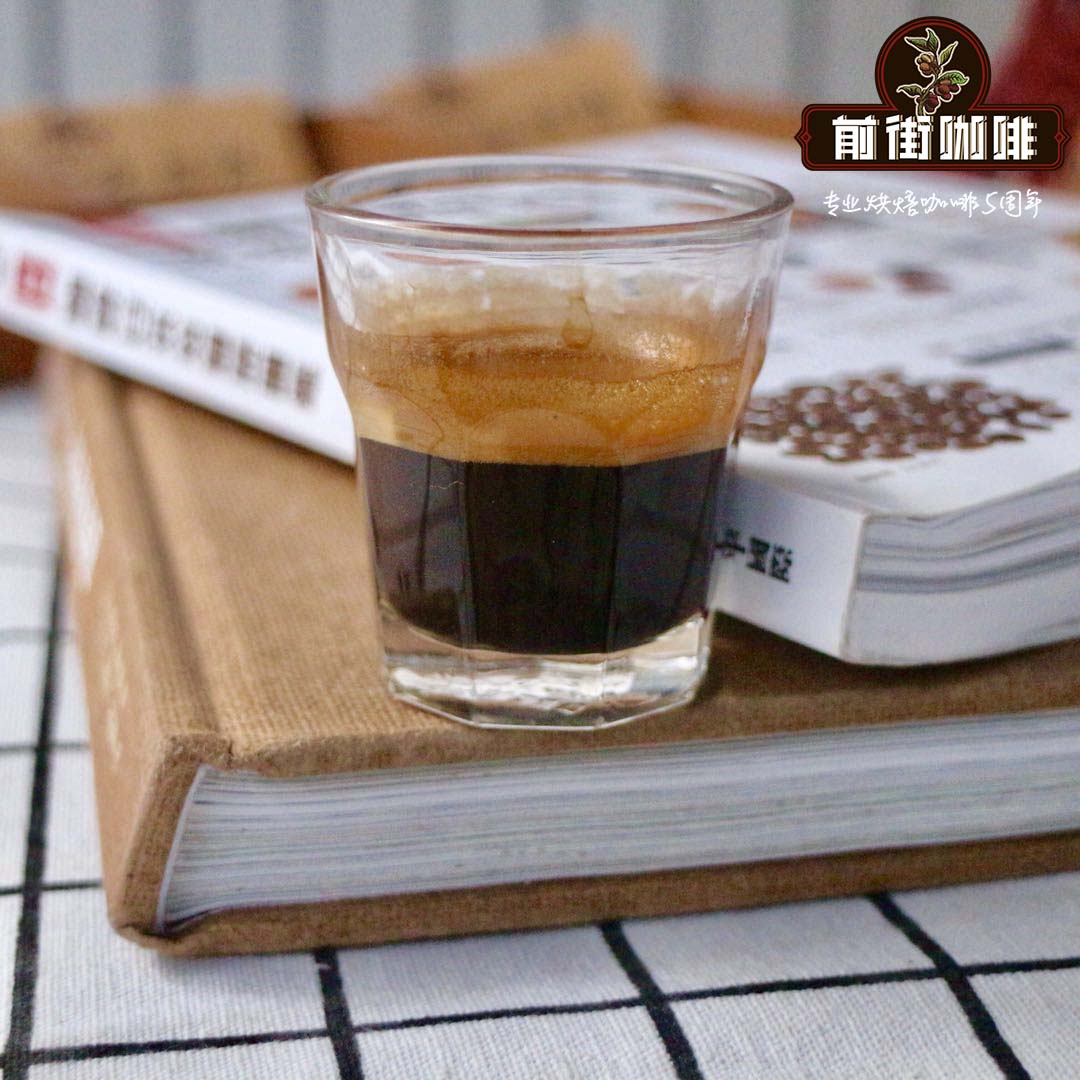
Professional coffee knowledge exchange more coffee bean information please follow the coffee workshop (Wechat official account cafe_style)
Once upon a time, espresso was a horizontal walk in the coffee industry, but it also belongs to a long history. Now the coffee industry has let a hundred flowers blossom, just like espresso! Traditional espresso is made with Italian beans, because of the deep roasting, the coffee has a very strong taste and taste, with milk silky and cotton slippery, instant love! But have you ever known SOE Coffee? this is an upgrade of Coffee. If you don't know, Qianjie will help you to get!

What is SOE (single-origin espresso)?
The full name of SOE is "Single Origin Espresso", that is, single-origin espresso. This concept exists as opposed to the blending of espresso. Although SOE stands for single-origin espresso, it is not necessarily equal to high-quality coffee. If you select single-origin coffee beans with easy to identify flavor as SOE, you can produce a typical espresso with unique flavor.
For example, Yega Xuefei's citrus flavor, Kenyan tomato flavor, etc., coupled with espresso under the high pressure of the espresso machine will magnify the taste of coffee, so the flavor performance will be more prominent compared to hand flushing.
SOE, which became popular in 2007, has gradually matured in 2010. Consumers in North America have become accustomed to ordering a single-producing espresso (Single Origin Espresso) served in cafes that season, and the influence of SOE has gradually spread. The popularity of SOE makes people realize that as long as there are good beans, the formula of espresso does not need to be complicated. Through simple and ingenious combinations, the effect of complementarity and multiplication can often be achieved. One plus one equals three or even five!
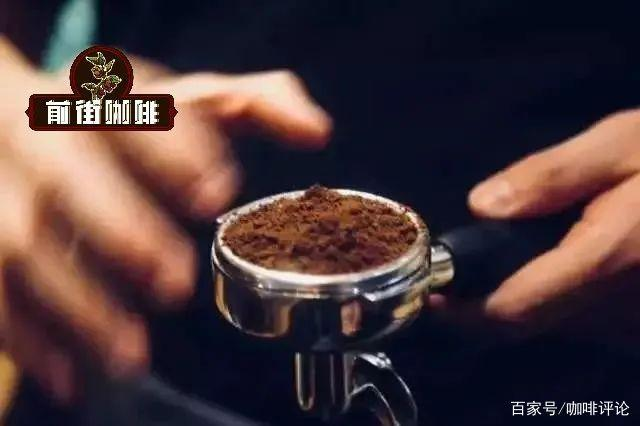
The roasting method of making SOE coffee beans is very different from that of hand-made coffee beans, which is not only the pursuit of baking skills, but also the further pursuit of boutique coffee, because coffee beans that can be roasted by SOE have to have many characteristics and advantages, but of course, do not misunderstand that mixed coffee beans are not good.
Espresso made from an espresso machine can drink espresso directly or make espresso based on espresso. Coffee beans come from the same or the same batch of sacks. Due to the post-processing and trading status of raw coffee beans, only a small number of coffee beans can confirm their true provenance. Raw coffee beans in the same sack often contain different kinds of beans, especially those from Central and South America.
Coffee beans can be roasted and blended together by the same batch of raw beans according to different roasting methods. Strictly speaking, it is a SOE coffee bean.
When the native flavor or variety flavor of coffee beans is easily identified, roasters tend to roast slightly to show the characteristics of coffee beans. When bakers pay more attention to taste balance and body, they will choose a more suitable baking method to improve the consumer experience.

About Italian matching
Traditional Italian coffee beans are made up of a variety of coffee beans. In Italy, a bag of coffee beans can be made up of several or even dozens of different coffee beans. The biggest advantage of using a variety of coffee beans is to ensure the stability of the coffee taste. When the quality of a certain coffee bean changes, or the output decreases, or the price increases, the roaster can choose coffee beans of similar quality to replace them without affecting the overall taste. Therefore, some famous coffee roasters will regard their blending formula as a trade secret.
There are both living and familiar ways to match.
Raw coffee refers to mixing different raw coffee beans according to the proportion in the formula and then baking.
Cooked means that different raw coffee beans are roasted separately and then mixed according to different proportions in the formula.
Don't pursue the stability of SOE ~
Coffee is an agricultural product, individual coffee beans will be affected by the weather, planting and other factors, and let a kind of beans with the producing area have the difference in taste, which is also different from the pursuit of stable flavor of mixed coffee beans.
If we order the same bean SOE in the same store, but drink a little different flavor, this is very normal, there is no need to question the store's professionalism at this point.
How to make a cup of SOE?
This time with fruit Ding Ding from Ethiopia in Africa, the performance of this bean in hand coffee has an obvious sense of tea, and the fullness of berry juice is unforgettable.
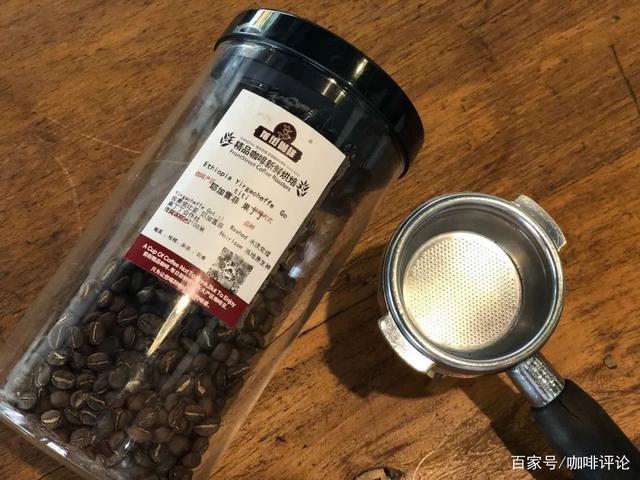
Coffee bean information

Extraction parameters of SOE espresso

Description of espresso flavor
Medium acidity, medium to low bitterness, medium to low sweetness, sticky taste, berry juice flavor, slightly obvious tea taste, long finish.
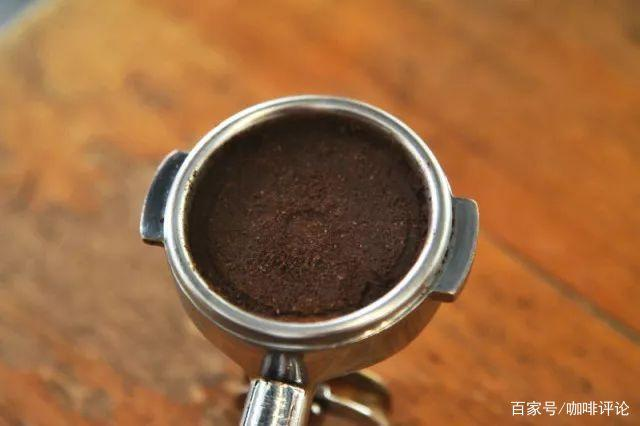
What do you need to pay attention to when making SOE?
SOE single-origin espresso, the coffee beans selected in order to highlight the flavor of the producing areas, the baking degree is generally not too deep, compared with the traditional deep-roasted Italian coffee beans, the flavor will be more difficult to extract.
Therefore, on the one hand, it is necessary to adjust the extraction parameters to increase the extraction rate. For example, lengthen the extraction time, adjust the degree of grinding, increase the amount of powder and so on.
On the other hand, when producing espresso based on SOE, you need to adjust the ratio of espresso to milk or water. Reduce milk or water and highlight the taste of the coffee so that the coffee is not too light.
Finally, there are very strict requirements on the beans that choose to make SOE. Although the performance of SOE is outstanding, but because it comes from a single producing area, the shortcomings are relatively easy to be magnified, so factors such as baking and particle size will affect the flavor.
The last little advice
If you want a simple, traditional and consistent taste, using good coffee beans to make ESPRESSO is definitely your first choice, but if you want some surprises and want to try some more special flavors, try shallow and medium-roasted single-origin coffee beans to make a cup of SOE!
Important Notice :
前街咖啡 FrontStreet Coffee has moved to new addredd:
FrontStreet Coffee Address: 315,Donghua East Road,GuangZhou
Tel:020 38364473
- Prev
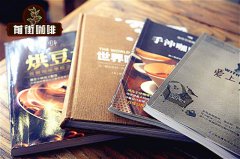
The Origin of Huakui Coffee is the same place of origin of Huakui coffee and Rosa coffee?
Professional coffee knowledge exchange more coffee bean information please follow the coffee workshop (Wechat official account cafe_style) this is my favorite bean so far this year, not one. I often think that sun-treated coffee beans are a flavor given by nature and a gift from God, although sometimes they are not always good. But there is no doubt that this coffee bean is this year.
- Next
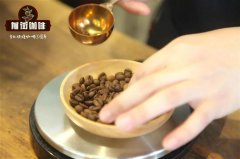
Mocha Coffee making course what is the proportion of mocha coffee and milk?
Professional coffee knowledge exchange more information about coffee beans Please follow the coffee workshop (official Wechat account cafe_style) in Taiwan, coffee shops most commonly use Italian coffee machines to make coffee and extract small cups of espresso through high heat and high pressure. Generally speaking, a single espresso can brew about 30 milliliters of coffee and a double concentrated coffee using 7 to 10 grams of coffee powder.
Related
- Beginners will see the "Coffee pull flower" guide!
- What is the difference between ice blog purified milk and ordinary milk coffee?
- Why is the Philippines the largest producer of crops in Liberia?
- For coffee extraction, should the fine powder be retained?
- How does extracted espresso fill pressed powder? How much strength does it take to press the powder?
- How to make jasmine cold extract coffee? Is the jasmine + latte good?
- Will this little toy really make the coffee taste better? How does Lily Drip affect coffee extraction?
- Will the action of slapping the filter cup also affect coffee extraction?
- What's the difference between powder-to-water ratio and powder-to-liquid ratio?
- What is the Ethiopian local species? What does it have to do with Heirloom native species?

